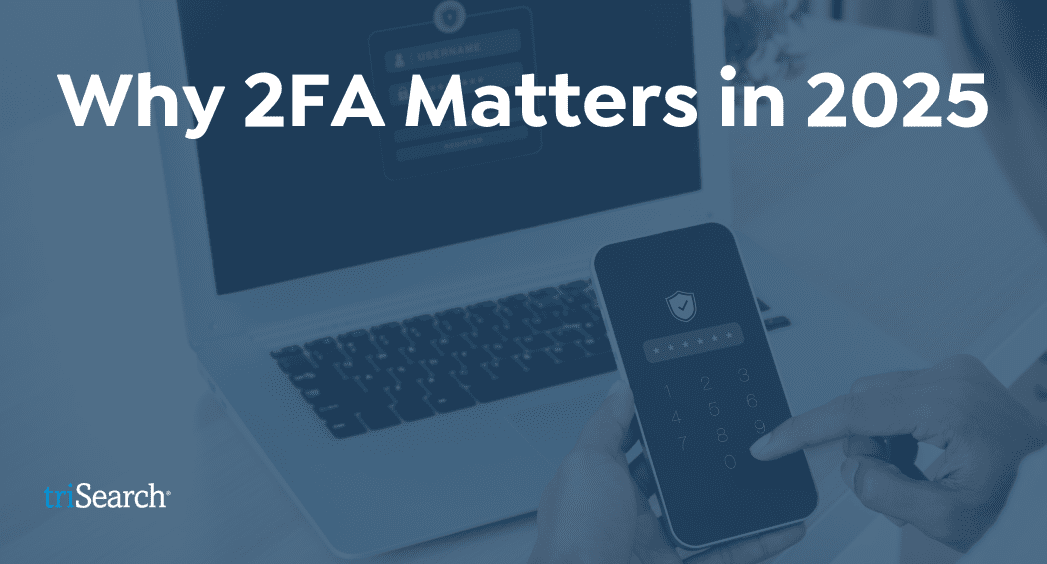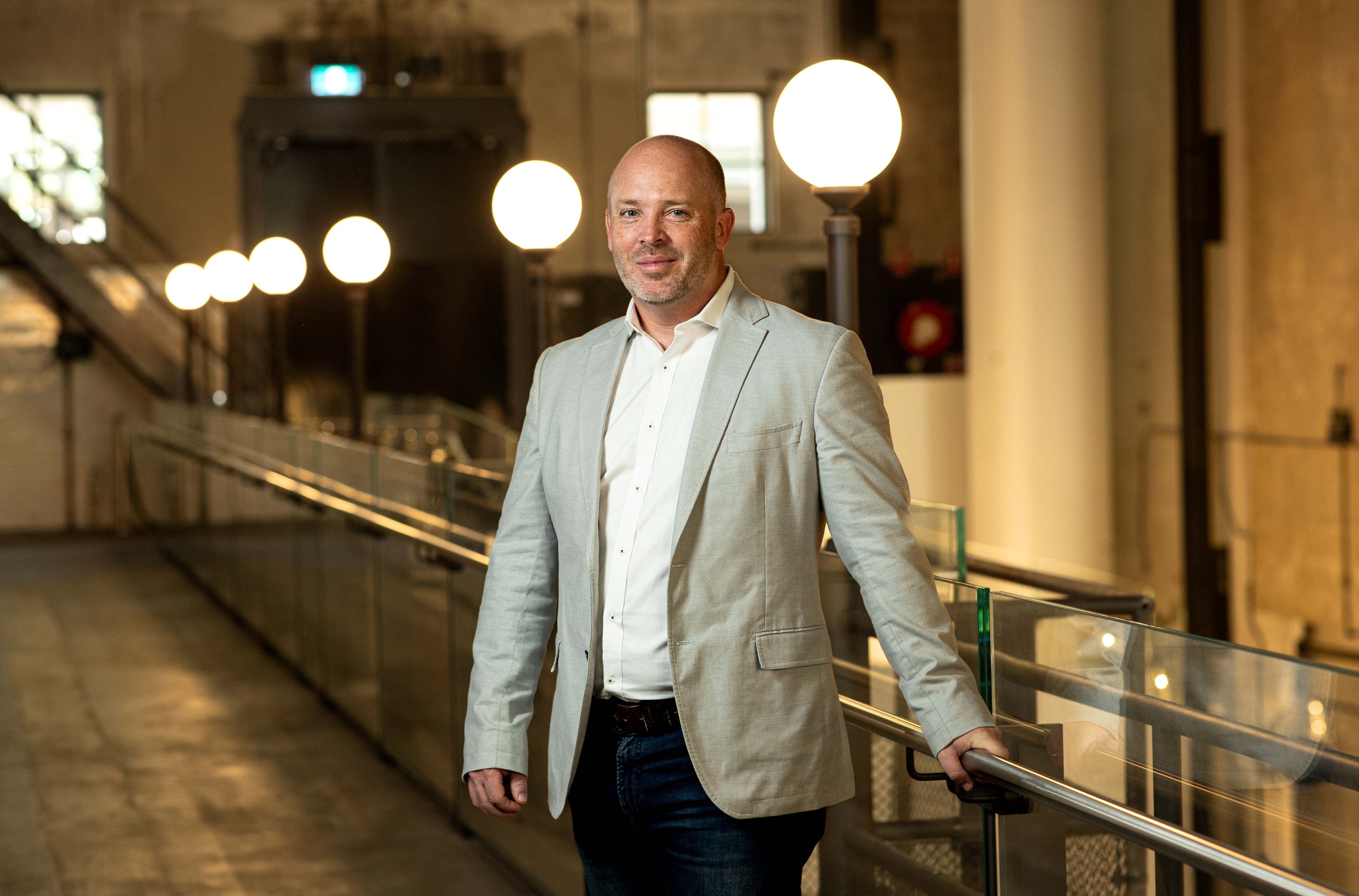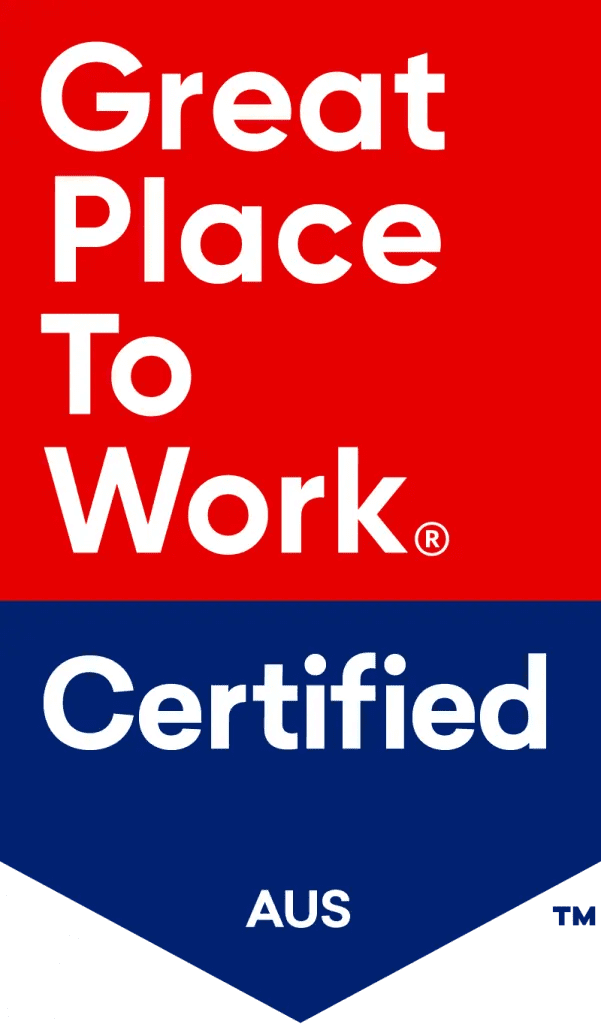Industry leaders have suggested that one of the biggest issues confronting conveyancing practitioners is business profitability and how to improve its skinny margin.
Bluntly, they say operators do not charge enough for their services. Advisers suggest that the public doesn’t fully appreciate the complexity and importance of the conveyancing process and that there’s a propensity to cut rates to win business in a competitive environment. It appears to be stifling growth for many, so we ask:
Do you charge what you believe you are worth or are you being forced to undercut fees just to stay in the game?
Do you think conveyancers should take a percentage of the property sale price, just as real estate agents do?
Jennie Tonner – Director, Licensed conveyancer: Cremorne Conveyancing
“No, we don’t charge what we are worth.
“I have been in this industry for 35-plus years and where conveyancers and law firms were once the first point of contact for consumers when selling and purchasing property, we are now the last. People once understood the importance of legal review and sign off and the need to minimise their risk and protect their asset when purchasing such a large asset.
“Now, it seems that we are a box that must be ticked. Our worth seems to be based on what we seem to be able to charge against what other industries charge for a conveyance. Selling agents who earn up to 2 per cent or more on the sale price, mortgage brokers who earn a high fee and then a trail for the life of the loan and even buyers’ agents who only need to do a six-week course yet can charge up to $25,000 or more on a conveyance. Note – none of these industries take the risk that the conveyancer and law firms must take on.
“When the Law Society abolished the sliding scale that legal firms charge on a conveyance, the value of our work and knowledge and experience went with it. The fixed fee that we are currently stuck on is outdated and has not moved with the rate of price increases. As a result, we must try to take on more and more matters to keep running and as a result, the risk on us is higher now than ever.
“Every time I have attempted to raise my fees, I lose work and have had to stick to the same fee that I have had over 10 years. Yet, my rent has gone up, my wages have gone up, my professional indemnity insurance has significantly risen, my utilities have gone up, prepurchase inspections have gone up, statutory searches have substantially gone up and this is passed through to the customer who has to pay. We try to increase our fee –never going to happen!!!
“Yet, the biggest risk for a client on a sale and purchase is in the legal documents and the protection that we can provide them.
“For the past two years, I have been running my business at a loss rather than a profit of any kind. I have had to let go of staff, reduce staff hours, and cut costs in my private life in order to make ends meet. I have had to take out a business line of credit to keep the business going. The stress of this is overwhelming at times and now the job I once loved doing is like a ball and chain around my neck.
“Should conveyancers take a percentage of the property sale price, just as real estate agents do? Yes, but I also think the percentage that agents charge needs to be reassessed to a more realistic amount.”
Solon Hu – Principal solicitor, Royer Mace Lawyers
“Fortunately, I charge a fee that aligns with my experience and the quality of legal services I provide. While there may be external pressures to undercut fees due to competition, I believe in maintaining a pricing structure that reflects the value of my legal expertise. The client’s interests must always be paramount, and it’s essential that we are properly remunerated to ensure we can provide high-quality service without compromising on integrity and diligence.
“I do not agree it is necessary for lawyers or conveyancers to charge a percentage of the property sale price, akin to real estate agents.
“Instead, fees should be based on the complexity and scope of the work required. Expensive properties often involve more intricate transactions, but the fees should reflect the effort and expertise involved rather than a percentage of the sale price.”
Ally Xiong – Licenced Conveyancer
“I believe that conveyancing is a service that requires specific legal knowledge and expertise, so the fee should be based on the value of the service, not the value of the property. Our firm recently represented a prestigious house owner whose property was worth over $26 million.
“We charged them a reasonable fee that reflected the value of our services. Our commitment is to assist individuals, companies, investors, and developers in achieving their property goals.”
For news and insights from experts around the industry, download edition five of the Australian Conveyancer, today.






